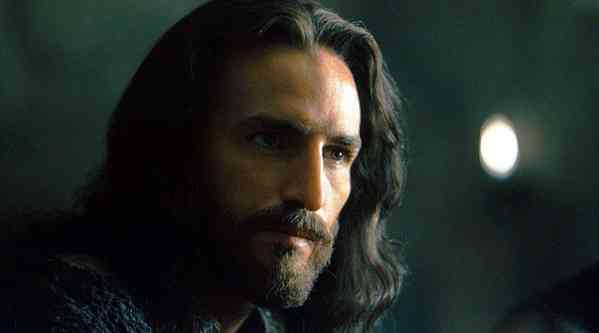 Leadership Courage Series # 42
Leadership Courage Series # 42
The seventh of nine leadership characteristics needed in the Church today: Disengage from an unreasonable faith in reasonableness.
Let me ask you: How reasonable was Jesus when confronting opposition, faithlessness, and cowardice?
Consider his arrest, in Gethsemane. Jesus is betrayed with a kiss by one of his closest confidants, an armed mob seizes him, binds him, and Peter hacks off the guy’s ear.
He’s not reasoning with his captors—he’s in the moment, training his disciples about spiritual warfare and teaching the mob about God’s sovereignty: they are powerlessness to oppose the Father’s will. Would you call this reasonable behavior, in light of Jesus’ circumstances? [Mt 26:46-57]
Thomas, I suppose, is a premier example of faithlessness.  Hearing about Jesus’ appearance from the disciples, he’s unconvinced. A week later Jesus steps into the room and begins to soothe poor Thomas in his doubt and distress: “Sheesh, Tommy, I know how hard it must’ve been for you to believe these guys… here, let me give you a hug.” Reasonable, in light of the circumstances, right?
Hearing about Jesus’ appearance from the disciples, he’s unconvinced. A week later Jesus steps into the room and begins to soothe poor Thomas in his doubt and distress: “Sheesh, Tommy, I know how hard it must’ve been for you to believe these guys… here, let me give you a hug.” Reasonable, in light of the circumstances, right?
No, Jesus expected Thomas to believe. “Put your finger here; see my hands. Reach out your hand and put it into my side. Stop doubting and believe.” [Jn 20:25-28]
Maybe most unreasonable is the Lord’s response to cowardice. The term appears only once in the New Testament:“To the thirsty I will give water without cost from the spring of the water of life. Those who are victorious will inherit all this, and I will be their God and they will be my children. But the cowardly, the unbelieving, the vile, the murderers, the sexually immoral, those who practice magic arts, the idolaters and all liars—they will be consigned to the fiery lake of burning sulfur. This is the second death.” [Rev 21:6-8]
Scripture portrays the human race as engaged in a very real, very important, very high-stakes struggle between the forces of darkness — which conspire to enslave us in destruction unto death — and the power of God which offers to free us to “life that is truly life”.
Those who understood this were unreasonable women and men.
Moreover, God’s intent is that we grow into the way-of-being of God’s Son. To this end, God is continually pressing us beyond the limits of what we know, what we can do, and what we can control. So that, like his Son, we’ll trust God more and more confidently, immediately, and unwaveringly.
Reasonable?
Sure.
If you’re trying to make Christians to be people who live like Christ.
